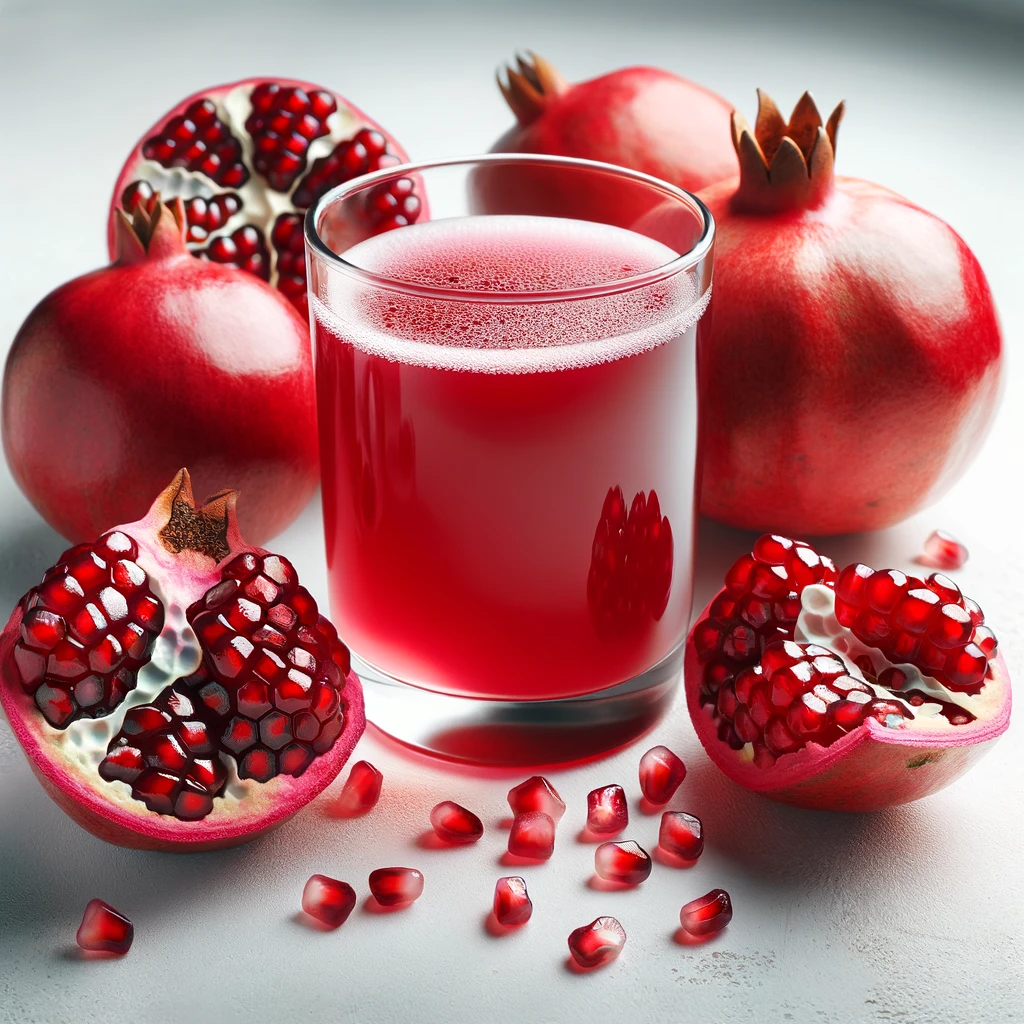Recent research, though limited in scope, has begun to illuminate the potential benefits of incorporating certain fruit juices, such as pomegranate juice, into one’s diet as part of a balanced approach to cardiovascular health. A very small study, involving just five participants, has indicated that consuming pomegranate juice over an extended period might be associated with certain health benefits, particularly concerning the reduction of artery plaque.

Participants in this preliminary study reportedly consumed pomegranate juice daily for one year. By the end of this period, some participants observed a reduction in carotid artery plaque by up to 30 percent. It’s important to note, however, that the study’s small size significantly limits the breadth and conclusiveness of these findings. Furthermore, the results appeared to stagnate after one year, suggesting the potential for diminishing returns over time.
Despite these limitations, the findings from this study suggest that there could be some merit to exploring how the regular consumption of pomegranate juice might influence cardiovascular health. This is especially intriguing when considering the broader context of dietary research, which often highlights the role of fruits and vegetables in maintaining health.
Pomegranates, like many fruits, are rich in antioxidants, which are thought to play a role in reducing inflammation and protecting against plaque buildup in the arteries. The antioxidants found in pomegranate juice, such as polyphenols, tannins, and anthocyanins, are of particular interest due to their potential effect on blood vessel health.
Incorporating Pomegranate Juice into Your Diet
If you’re considering adding pomegranate juice to your daily routine, it’s advisable to do so as part of a varied and balanced diet. Here are a few tips for incorporating pomegranate juice effectively:
Concluding Thoughts
While the results from the mentioned study are far from definitive, they do open up interesting avenues for further research into the relationship between fruit consumption and cardiovascular health. As always, maintaining a balanced diet rich in a variety of nutrients is the most widely recommended approach to health, and any changes to one’s diet should ideally be made with guidance from a qualified health professional. This nuanced approach ensures that individuals can make informed decisions that align with their specific health needs.